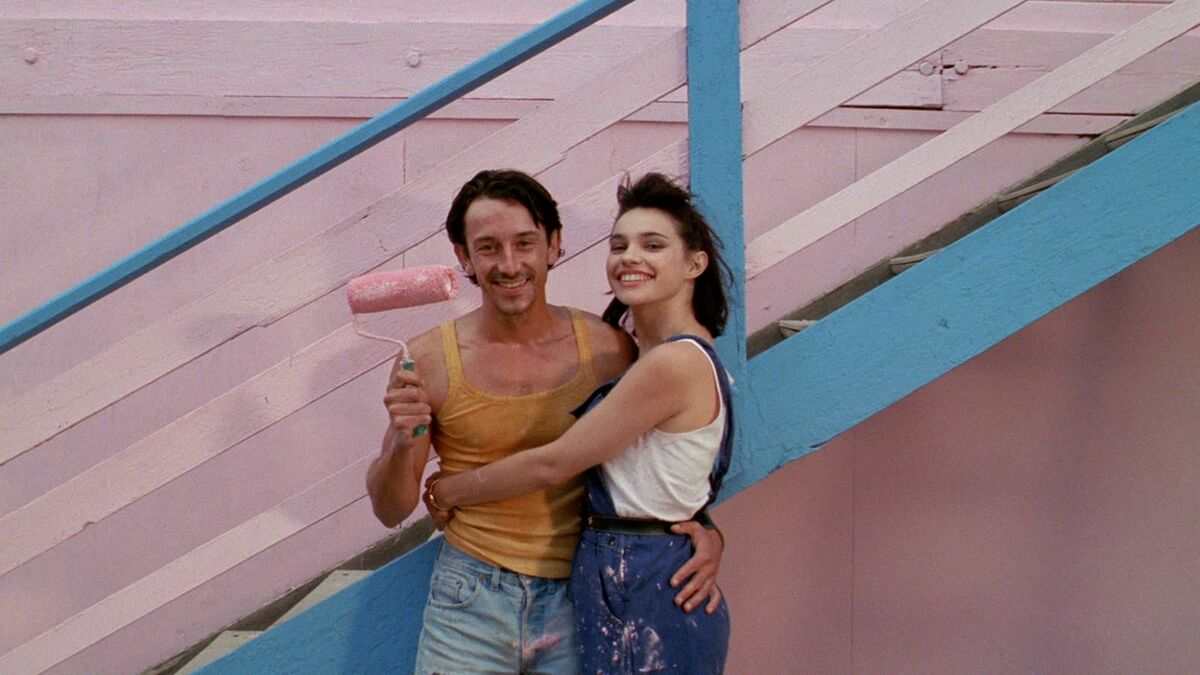
The non-American and, especially, non-Hollywood cinema, is neglected on a global scale by film goers who are used to seeing the same old tropes recycled to absurdity. Almost every year since the dawn of cinema, a handful of great flicks came out around the world that no one paid attention to that much. Some enjoyed their five minutes of fame and fortune in the Western film circles, but were swiftly discarded afterwards, and some didn’t even make it that far.
Here is a list of a few chiefly world cinema features, of European, Asian and African cinema, that can rightfully be dubbed masterpieces:
10. Red Sorghum (1988) – dir. Yimou Zhang
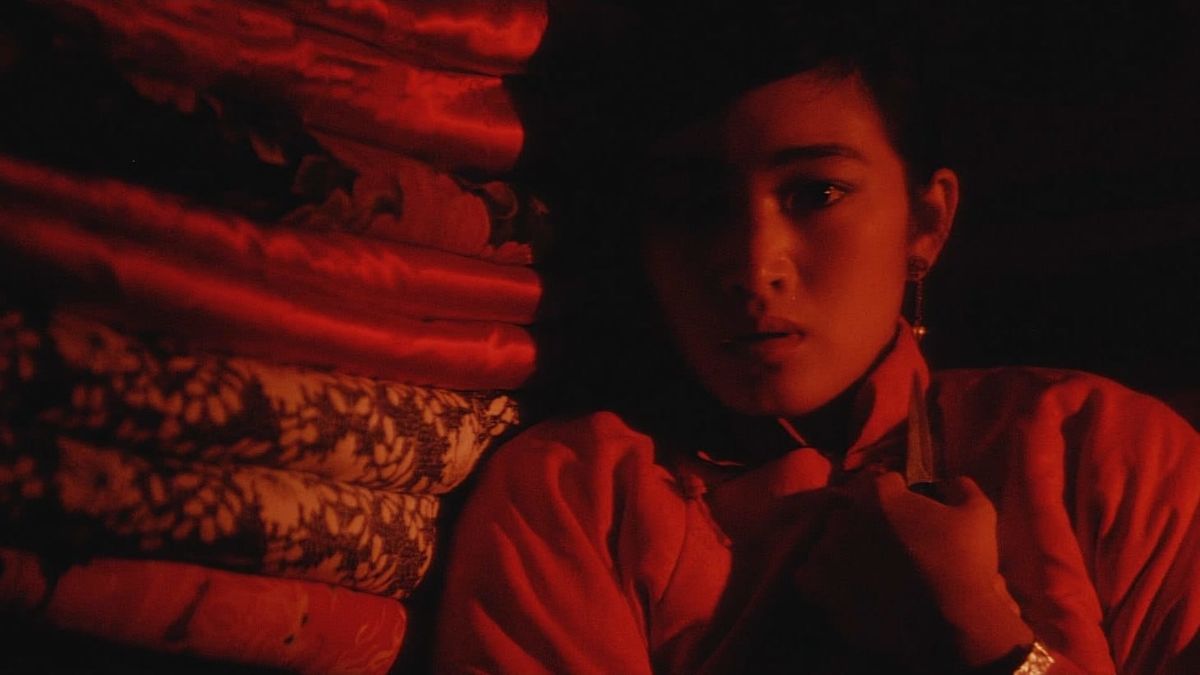
Yimou Zhang is one of the most acclaimed Chinese filmmakers of the Fifth Generation. This great film, based on a Mo Yan novel of almost the same name, marked his debut on the silver screen in the role of the director. He previously dabbled in cinema as a cinematographer in multiple lesser-known motion pictures. Despite his relative inexperience in the role he took, Red Sorghum proved to be a great success, garnering quite a bit of attention worldwide, besides the more or less expected success of the picture in the homeland.
Told from the perspective of the protagonist’s grandchild, something that would become a trademark of sort for Zhang in the future, the film encites a mood in the viewer that no other movie to date has managed to replicate, in a style that resembles a fever dream more than anything else.
9. Monsieur Ibrahim (2003) – dir. Francois Dupeyron
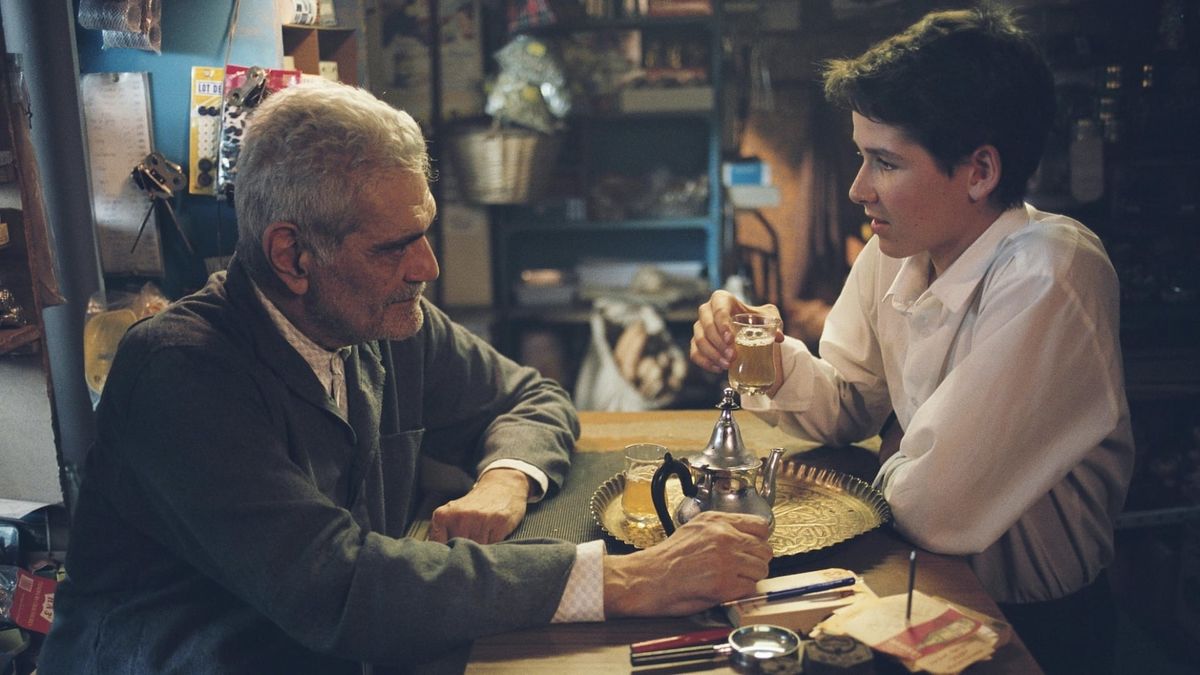
In what proved to be one of the greatest farewell roles of all time, Omar Sharif took the role of Ibrahim Deneji, a grocery store owner of Turkish origin. While it wasn’t his last acting gig of all time, it is most likely the last noteworthy one. His co star, a young Jewish boy by the name of Moses Schmit, was played Pierre Boulanger and while the young man’s performance doesn’t quite match up to the Egyptian master, it was still quite a satisfying experience.
What one might rightfully fear before seeing this motion picture is that it might be too focused on the minority characters that occupy most of the film, giving space only to the ethnic parts of their personalities and neglecting everything else which is oftentimes the case when an unexperienced, non-minority director tries to make a picture about the lives of the down trodden.
That is not the case here. While the religious and ethnic identities of Monsieur Ibrahim and Momo are prominently featured throughout the film, there’s just enough space in there for pure, unfiltered love and compassion, as well as struggles that anyone, regardless of origin, can relate to.
8. Betty Blue (1986) – dir. Jean-Jacques Beineix
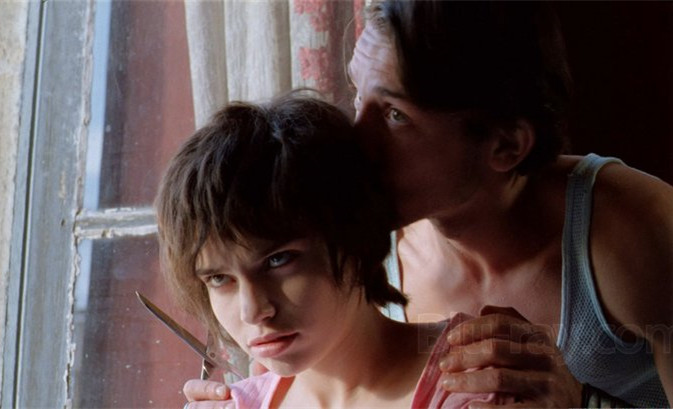
This film proved to be the most noteworthy aspect in the careers of pretty much everyone who took part in it, from Beatrice Dalle and Jean Hugues Anglade who played the leading roles, to Jean Jacques Beineix who directed and wrote the feature, and yet it still isn’t as acclaimed as it should be.
The titular character is a strange, yet surprisingly charming woman that embarks in a relationship with an older man named Zorg, who happens to be a writer. She holds his writing in very high regard, but her erratic behavior becomes more and more of a problem for him as the affair moves on.
Betty’s problematic decisions lead to an unexpected climax and a semi-happy ending, considering the circumstances and the personalities of the protagonists.
7. Xala (1975) – dir. Ousmane Sembene
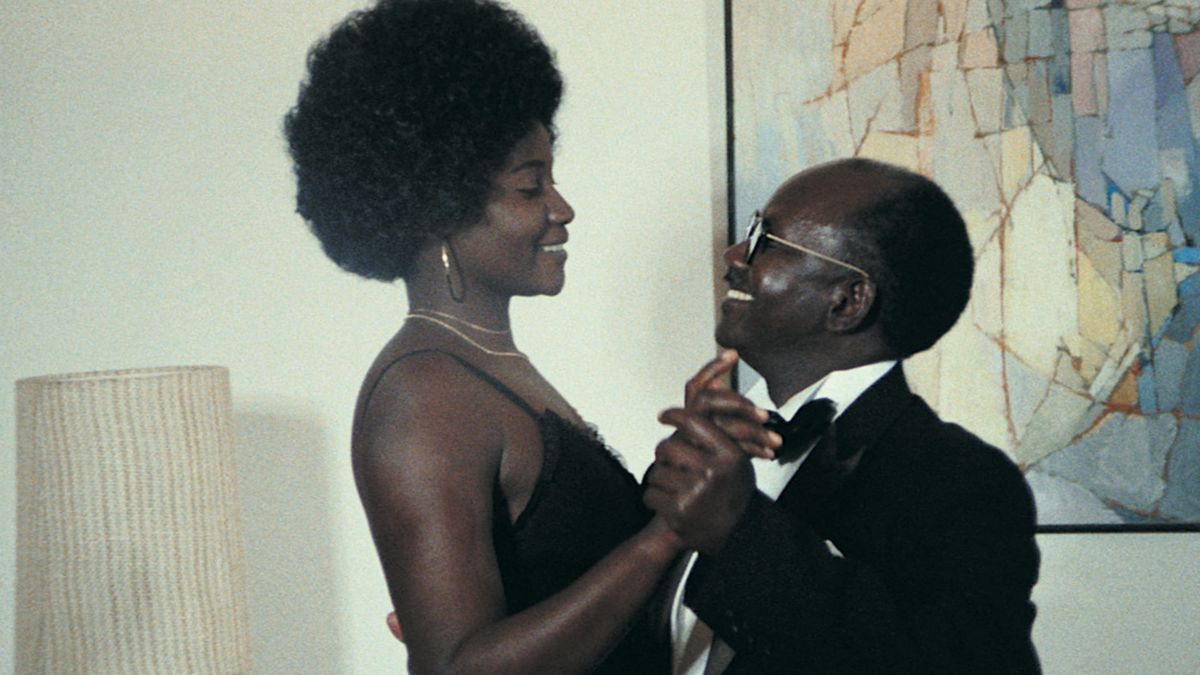
African cinema is so unknown to the casual film goer of Europe and North America that most couldn’t name a single African motion picture even if their life depended on it. A few will recall the 1980s South African hit called The Gods Must Be Crazy, and a few of the better informed ones might mention a few Egyptian flicks here and there. But generally, almost any great film made on this continent can rightfully be considered a hidden gem.
Directed and written by Ousmane Sembene, a Senegalese master who is often called the father of African film, Xala pokes fun at the corrupt politicians of his country, through a story of a crooked public official who is struggling with erectile dysfunction, without an apparent cause or an explanation.
It was widely praised, in the continent and abroad, during its release, and even made it to a few lists of the greatest African films, as well as the greatest world cinema achievements, but it also faced some criticism, for portraying its characters in an allegedly stereotypic fashion, without depth or development.
6. The Spirit of the Beehive (1973) – dir. Victor Erice
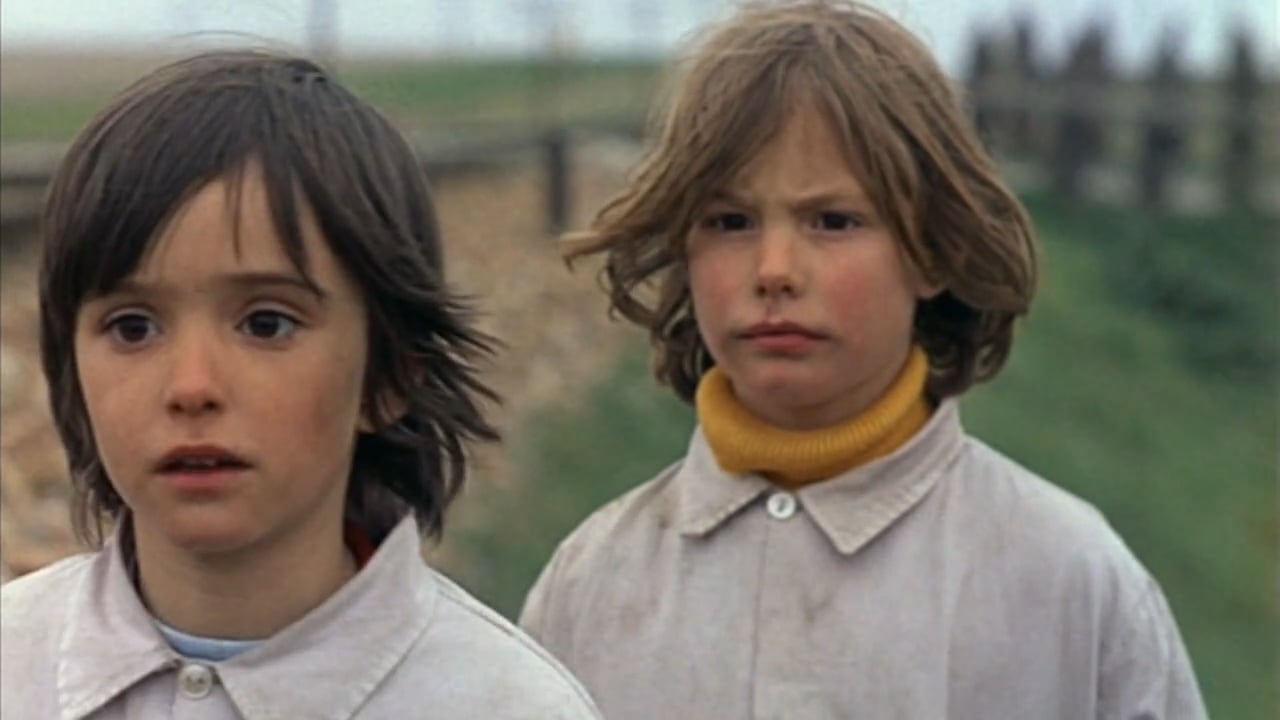
Victor Erice only ever made two feature length films, both of which he also wrote. The Spirit of the Beehive was his first one and, according to most, the best one. Set at the beginning of the 1940s, the final stage of the bloody Spanish Civil War that resulted in Franco’s fascists gaining power, the film focuses on themes of child trauma, compassion, as well as the effects cinema can leave on the young mind. With its childhood protagonists and the civil war set up, it proved to be a major (and obvious) influence on some of the most famous works of the Mexican great Guillermo Del Toro, such as El espinazo del diablo and El laberinto del fauno.
The fact that this great picture managed to pass the censors in Francoist Spain is mind-boggling, considering its heavy and easily visible crticism of the then still ruling regime, but we are so glad that it did. What a shame it would be for a film of this caliber to get lost to authoritarian censorship.